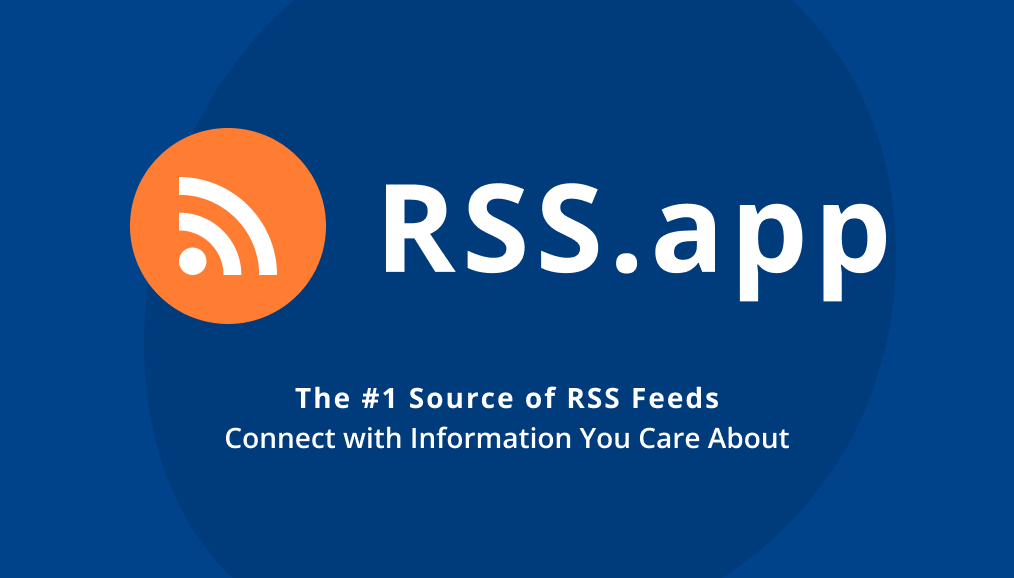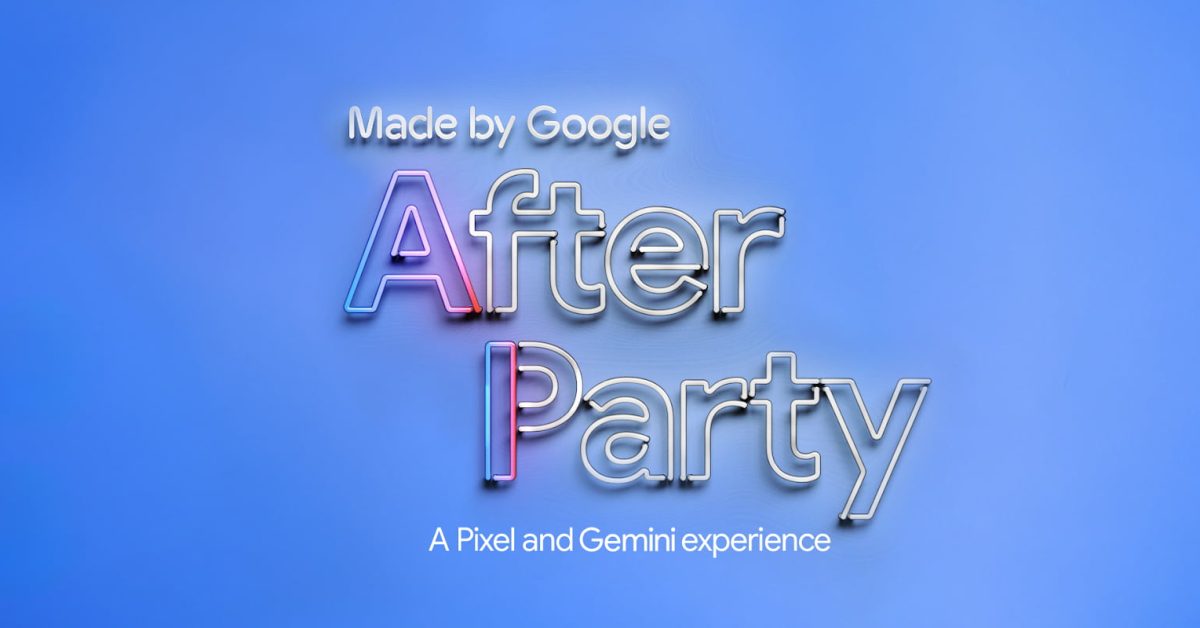I tried AI to summarize a book, and the plagiarism protection was perfect
I have a goal of reading one book a month. On the weekends, I curl up on the couch with my coffee and my phone in the other room. The purpose of this ritual is to create space in my schedule that isn’t bound by time and to-do’s — but as my reading list grows, I try to read more pages and more books.
I wanted to see if I could use AI to summarize the key concepts, lessons, and wisdom of a book that I knew I wouldn’t get to for months or even years. Keep the beautiful prose for the physical page, but use AI to summarize nonfiction business books, for example.

I chose Deep Work by Cal Newport to test on ChatGPT. After using several AI tools, I thought ChatGPT, one of the most well-known text prompt chat tools, would do the best. I also have the paid membership of $20 a month, so I wanted to get the most out of it.
But the mission wasn’t very successful, partly because of the plagiarism protections built into the tools (and rightly so), and partly because it took a lot of rapid engineering and independent research to get anything usable.
Think about the parameters
The very first thing I learned was that ChatGPT does not have access to full manuscripts (to prevent plagiarism and respect intellectual property rights) and only makes summaries based on existing online information.
If there’s one thing I’ve learned about AI, it’s that preprompt thinking is just as important as the initial prompt. I didn’t just want a giant summary of the book. I wanted to learn Newport’s big ideas, arguments, strategies, and frameworks around deep work so I could apply them to my work.
So I started the conversation by setting expectations.
- First ask ChatGPT if it has access to the entire book.
- Tell ChatGPT I want deep insights, not superficial summaries.
- Ask for suggestions on how I can apply key strategies to my freelance business.
- See if you can glean even more surprising and useful insights from reader reviews and comments.
Question 1: “Do you have access to the book Deep Work by Cal Newport?”

Not ideal, but I had an idea. I found a 6 hour audiobook YouTube clip, so I asked if they could use that to summarize the book for me.
But no such luck. It told me to watch the video — another plagiarism protection. Watching a video for six hours? That’s hardly a time saver.
There are over 32,000 reviews of the book on Amazon, so I thought there might be enough commentary on the book to do an in-depth summary. So I started over from this angle.
Next assignment: “I have not read Cal Newport’s Deep Work. Highlight the key ideas, concepts, strategies, and frameworks so I can apply them to my business as if I had read them. I don’t just want a summary of the book.”
ChatGPT had trouble interpreting “comprehensive” and spewed out a bunch of suggestions. It also started giving advice without asking me about my work, such as “teach your team about the importance of deep work and provide training in time management and focus techniques” and “set aside special blocks of time for deep work in your calendar.” It also gave general suggestions such as “focus on tasks that add the most value and minimize time spent on low-value activities.”
All pretty vanilla advice if you ask me. Time to turn up the heat, one question at a time.

I still wasn’t getting any groundbreaking insights, so I kept pushing.

Okay, ChatGPT, I’m going to the Swiss countryside.
I wish that.
I asked for an example of deep work in 2024, and we started to get somewhere. I liked one suggestion, about batching shallow work.

While I do this instinctively, it was a helpful reminder to group tasks and pay attention to context switches.
Engaging Google to Keep ChatGPT on Track
At that time I used ChatGPT to ask random questions, like whether there is a limit on the hours for in-depth work.
There was a maximum of 4 hours of in-depth work per day.
I remember a concept I like called the manager-maker schema, which describes the two main types of schemas. As a writer, I operate on the maker schema, which means that blocks of uninterrupted time are crucial.
I had to do a quick Google search for the key lessons in the book so I knew what insights to look for in ChatGPT. Apparently “productive meditation” was a key lesson, so I asked for more details on that.

Finally a new concept. Deep work is not just sitting behind your desk.
This strategy was the unlocker: search Google for nuggets in summaries, then go back to ChatGPT to expand. When it was powered, it was great.
I scanned a second summary and found another concept that sounded interesting: keeping a compelling scoreboard. ChatGPT helped unpack the concept.

The TL;DR?
If you want to use ChatGPT to learn more about a book, you’ll have to spend at least 30 minutes yourself browsing through reader summaries and using the most interesting ideas to frame your prompts. This will inevitably take up some of your potential deep work time. You can’t just ask the AI tool to do it for you.
Once you get on track, you might discover a concept that changes your productivity or perspective. But ChatGPT is still not as good as reading the book yourself.
You should also keep in mind that ChatGPT does not have access to the book itself and only has the summaries and reviews available online. Because of this, you may not even get the right key points.
And whether using an AI summary defeats the purpose of a book about deep work is still up for debate.
Share this content:




Post Comment